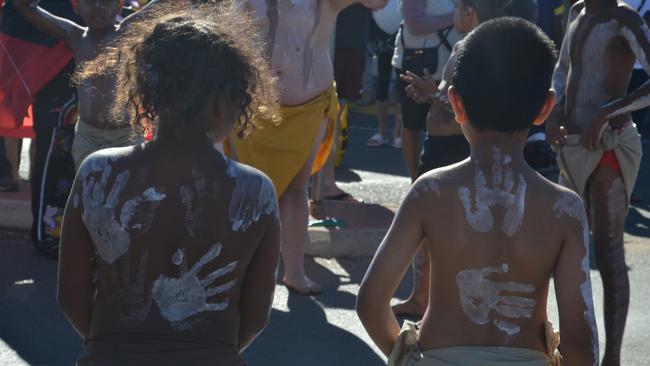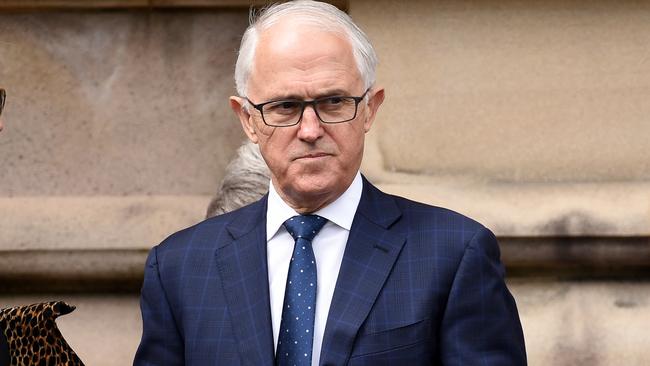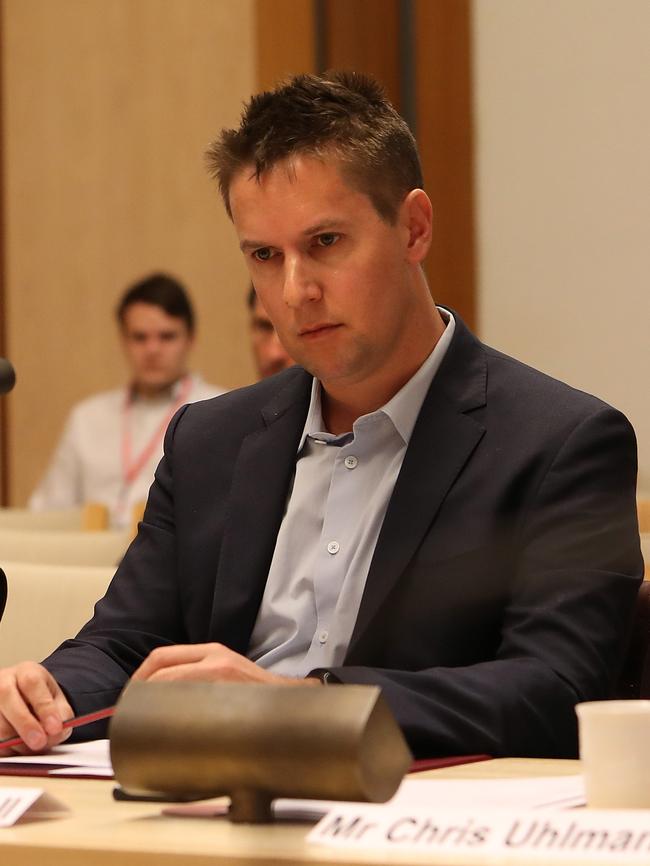
The drift left is even more stark in Australian and US universities where progressive thought on diversity and identity has all but banished traditional approaches to knowledge. The same trend has rewritten corporate culture globally as company CEOs look to applause on social media as a marker of their success rather than profit and returns to shareholders. If so many of our banks had not been preoccupied with moral posturing we may not have needed the Hayne royal commission into banking.
The trends are worse for journalism as traditional newspaper companies face a collapse in advertising revenue driven by audience fragmentation and the flood of advertising spending to Google and Facebook. In free-to-air television and radio, old news rivals have been forced to co-operate to reduce the cost of news gathering and to run more syndicated news from overseas. Free TV revenue has been smashed by the loss of audience to the internet, to videostreaming services and to pay TV, itself now being disrupted by streaming.
While Seven and Nine network news have moved a little left to chase audience share among young demographics they still maintain fairly even-handed coverage. At Ten — now owned by US giant CBS — and at the ABC, snide commentary has entered nightly news bulletins in a way unthinkable a decade ago.

Yet the leftward march in pursuit of younger consumers has opened up a market on the right as mainstream audiences feel alienated from the news values of the big providers. News Corp and talkback radio have filled it. It’s pretty logical that not every media player wants to fish in the same shallow pond for a younger, progressive audience that might not even have much disposable income.
Even the old Fairfax papers have taken heed. Once among the nation’s most left-wing media products, The Age and The Sydney Morning Herald are less so under new Nine network ownership. Publishing editorial boss James Chessell, a former business journalist at The Australian and at The Australian Financial Review, has lifted the newspapers by moving them closer to the centre.
But even accepting the internet and social media have taken a toll on journalism, the seeds of the media’s problems predate both. This column has criticised university journalism education for creating a class of young reporters more interested in driving social change than reporting fairly about it. It’s why I have advised many would-be journalists to study economics, law or a generalist arts degree rather than journalism or communications.
Partly it’s about the role of critical literacy theory that has driven university humanities courses into an intellectual dead end. Interested readers should look for Quadrant editor Keith Windschuttle’s The Killing of History from 1994, and US philosopher Alan Bloom’s brilliant 1987 book The Closing of the American Mind. Windschuttle has neatly summed up the problem that modern educational theory presents journalism: how can a reporter hope to report truth if he or she is trained to believe there is no such thing as objective truth?

In today’s identity-charged environment this problem is worse than Windschuttle could have foreseen. Young New York Times journalists now believe in different truths for different identities. As this column has reported, US journalism academics now specifically reject notions of objectivity and balance in favour of campaigning. But whose values are represented in their campaigns?
Compounding all these problems, young journalists face an army of spin doctors across business, politics, the environment movement and public policy. This PR machine comes fully loaded with communications degrees and woke ideas. And these days, academics are quoted in stories in a way unthinkable only two decades ago.
It adds up to a journalism methodology in which the opinions of like-minded experts are privileged while the thoughts of ordinary citizens are largely ignored. This and social media are why so many journalists have been misreading elections. They don’t really speak to many ordinary people and in understaffed newsrooms the phone and Google have replaced face-to-face interviewing.
A practical example? Reporting this month of the Healthy Welfare Card trials by the ABC and The Saturday Paper’s Rick Morton. They hint the card, devised by Andrew “Twiggy” Forrest’s Minderoo Foundation, is a form of unintended racism.
Much of the reporting has quoted the privileged views of law reform bodies, university social policy departments and Aboriginal peak body spokespeople, who all place symbolic issues of equality ahead of social and economic dysfunction. Lacking have been the voices of Aboriginal communities using the card. Aboriginal mums have not been asked if their children are now receiving better food and care. The card allows only 20 per cent of government payments to be taken as cash. It is designed to stop people spending welfare linked to child support on alcohol, drugs and gambling.
Regular readers here know this newspaper has reported on welfare reform in remote Indigenous communities for three decades. Reporters Paul Toohey, Tony Koch, Nicolas Rothwell and others have won numerous journalism awards after assignments in remote communities. Their work has been truthful. The Australian has been publishing Noel Pearson, Jacinta Price and Warren Mundine on this issue for years.
Yet the welfare reform debate in the wider media today is conducted with little of that background in mind. Reflecting an unconsciously biased culture of low expectations, some of the latest reporting implies an adult’s right to consume alcohol takes precedence over a child’s right to healthy food, education, parental love and a safe environment.
The motivation for this newspaper’s approach to Indigenous issues was a conviction that Aboriginal Australians would benefit from welfare reform, ending what Pearson calls sit-down money. The motivation in other sections of the media today seems to be an effort to find racism everywhere. Almost any action by white Australians — even lifting children’s lives — is branded racist.
It’s not just in Indigenous reporting that this company’s reporting ethos has more in common with community values than with academic, political and media fashion.
On Tuesday, Caroline Overington wrote what many women privately agree with. In an interview with Alexi Baker, new partner of recently resigned Nine network CEO Hugh Marks, Baker said: “I am not a victim.” Baker and Marks have left Nine over the relationship even though the evidence is both were brilliant at their jobs. Readers’ letters overwhelmingly supported Baker.
It’s the same in reporting of business and climate change, despite what failed former prime ministers Kevin Rudd and Malcolm Turnbull say. The Australian’s economics editor, Adam Creighton, destroyed the latest tome from Deloitte Access Economics on Wednesday. Deloitte claimed that Australia could do better economically if it shut down its $100bn-a-year fossil fuel export industry. As if.
Rudd and Turnbull may be on side with the kids on Twitter with such nonsense, but Twitter does not reflect society. The media must.








Many media companies have shifted their political positioning left, driven by the influence of social media on industry revenue and public discourse.